English
Our Goals
- To provide opportunities to integrate listening, speaking, reading, viewing and writing into the language learning process
- To provide challenging and stimulating assignments and projects beyond the curriculum to enrich the learning experience of the English Language
- To infuse critical and creative thinking strategies through literature and oracy programme
- To identify and develop pupils’ talent in speaking & writing
Our Programmes
READING – READING PERIOD ACTIVITIES AND LITERATURE PROGRAMME
To develop our students’ interest in reading, we have a Reading Period every week from Primary One to Six. During this period, students are engaged in the following activities:
- Reading Passport and Reading Rainbow (P1-P2)
- Reading Bingo (P3)
- Amazing Reading Race (P4)
- Book Bugs (in collaboration with NLB) (P5)
Through our Literature programme, students are taught to appreciate and analyse good language use and to be sensitive and empathetic towards others through the stories of the lives of the characters. Our students go through the Literature Programme from Primary Three to Six. The literature texts covered are as follows:
- Chicken Soup for the Kids’ Soul
- Charlotte’s Web
- Sing to the Dawn
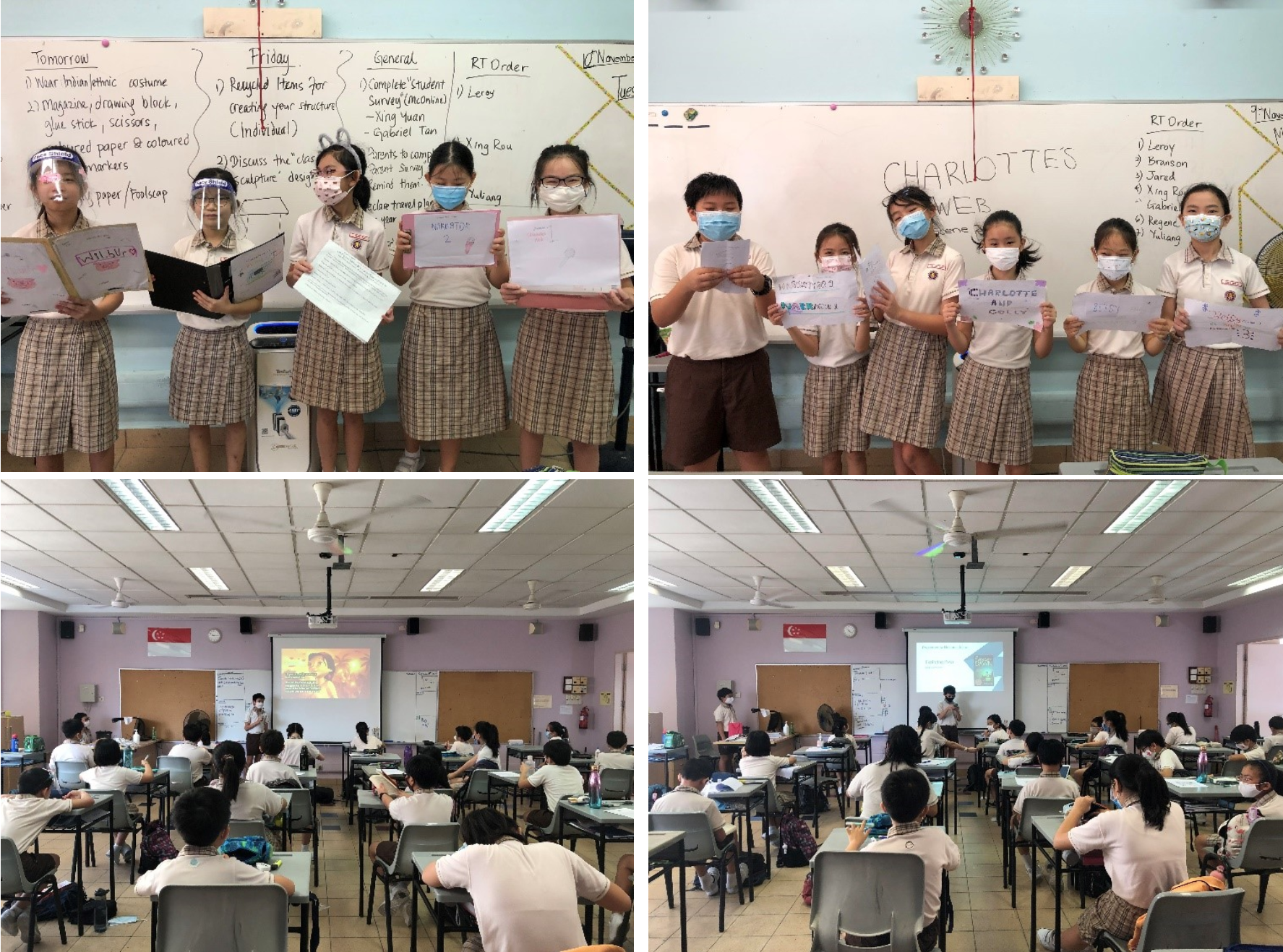
ORACY PROGRAMME
Our Oracy Programme aims to develop our students’ listening and speaking skills. Students are given varied platforms to give oral presentations to a range of audience. Some of the activities covered in this programme include Book Reviews, Readers’ Theatre, One-minute Oral Presentations and Productive Talk using Let’s Talk cards.

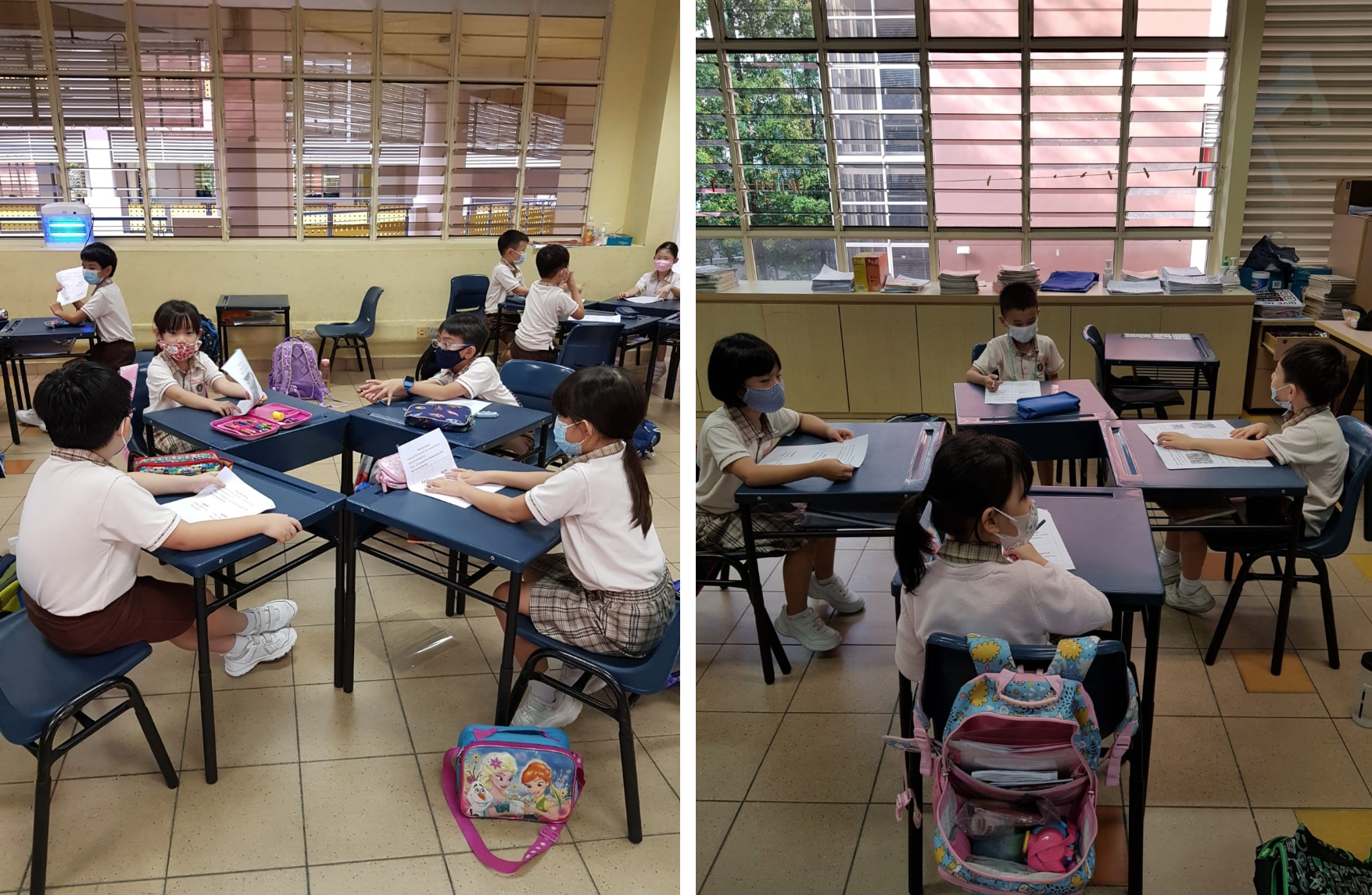
ENGLISH EXPLORERS
To spark the joy of reading, students in Primary 1 and 2 dress up as their favourite character, create bookmarks and book jackets for Book Day. Word games and activities such as Bingo, Taboo and Charades are carried out in class to inject fun in the learning of English.
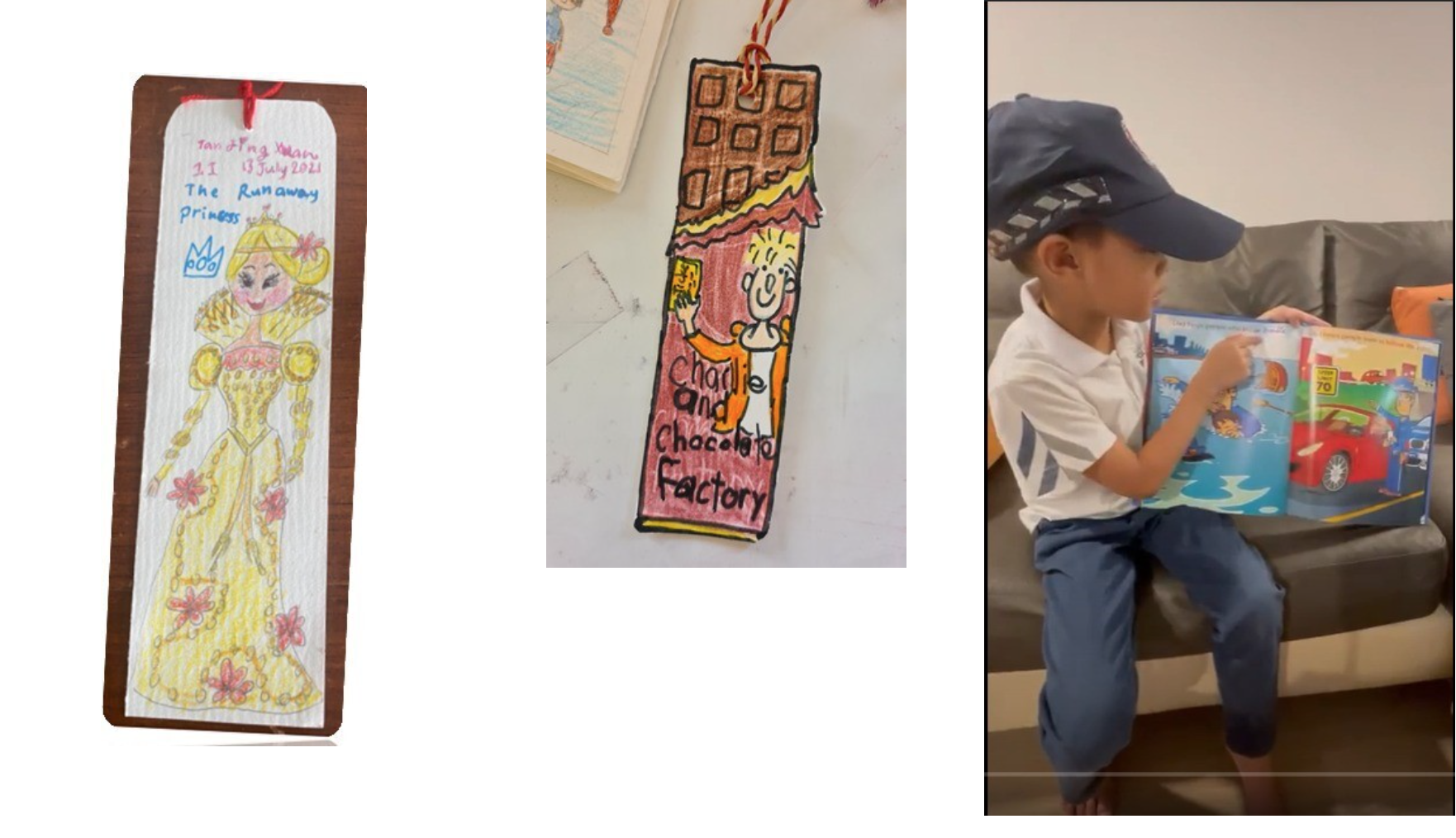
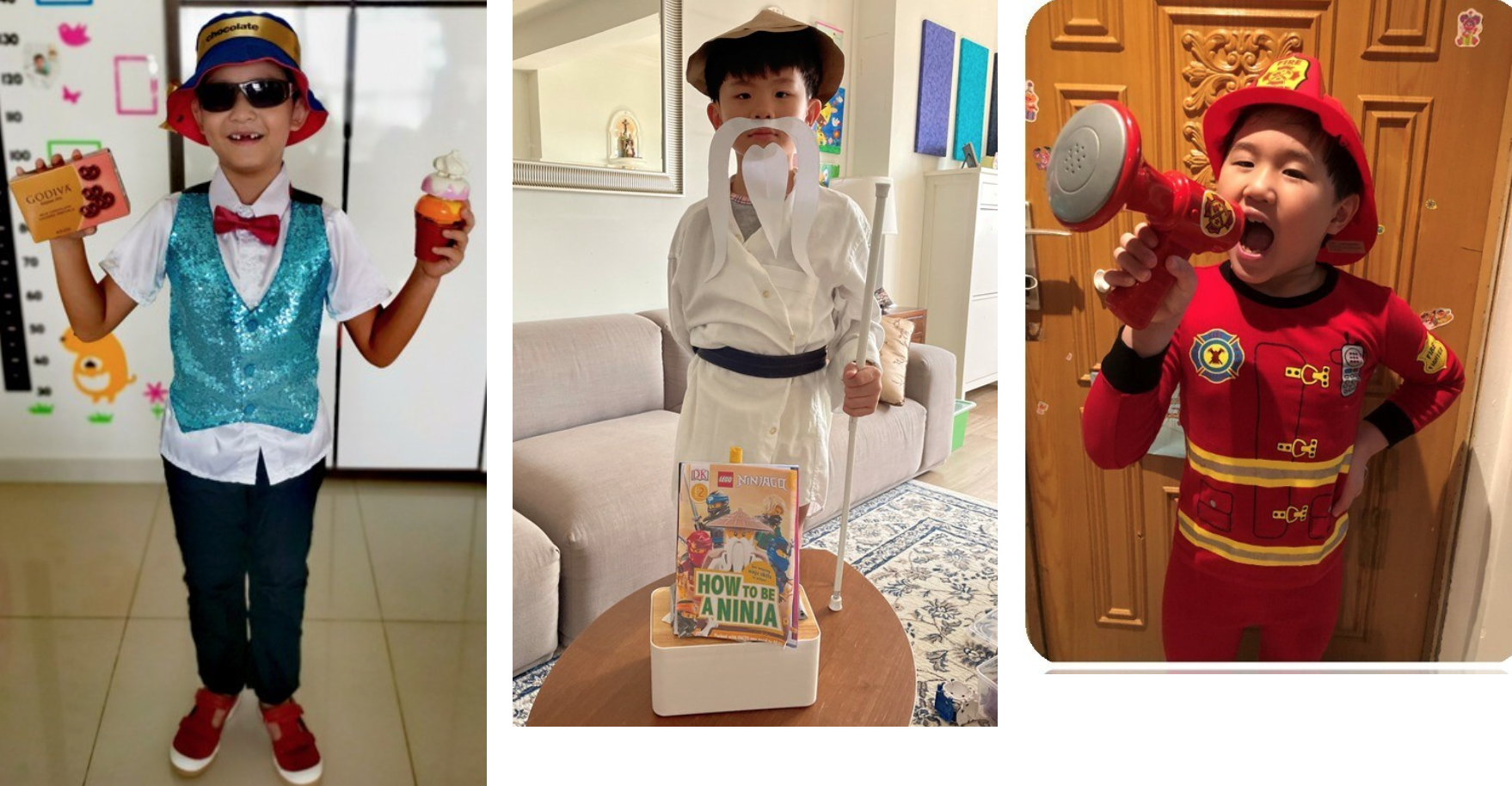
ENGLISH ORATORICAL CLUB
This Co-Curricular Activity aims to develop the confidence and persuasive skills in the oral communication skills of the verbally talented students. It also aims to develop research and critical thinking skills through the rigour of preparation involved in formal debating. Selected students are given training and opportunities to participate in competitions.
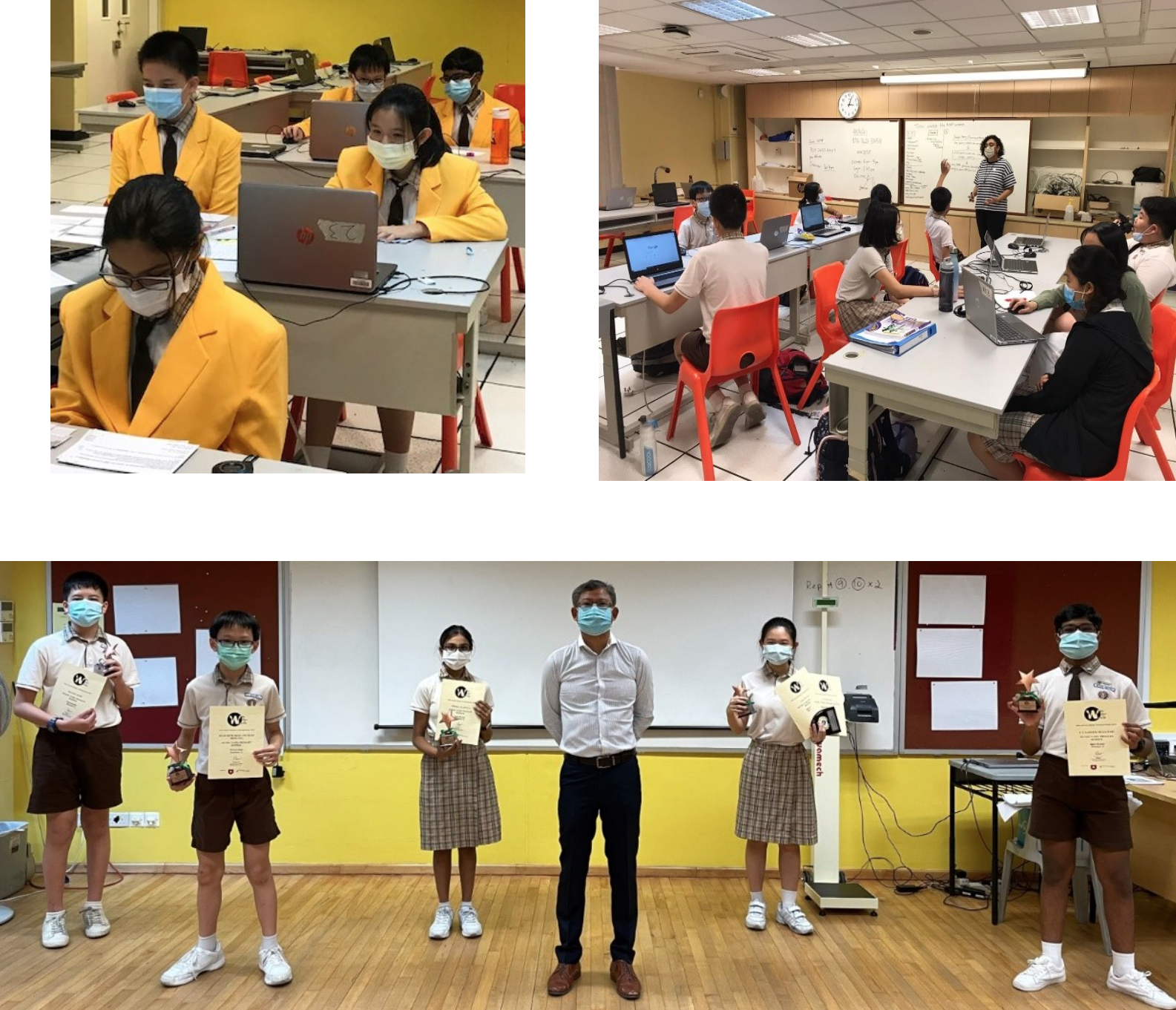
PERI HOLISTIC ASSESSMENT (HA)
Education is about developing the whole child. Assessment is an important aspect of learning and teaching and it should be effectively used to support the holistic development of our pupils. Hence, our assessment practices need to move beyond summative evaluation which tends to measure achievement in narrowly defined domains. In other words, we need to move towards holistic assessment.
Holistic assessment in our context refers to the ongoing gathering of information on different facets of a child from various sources, with the aim of providing qualitative and quantitative feedback to support and guide the child’s development. Holistic assessment informs teachers on their teaching practice and guides them in the design and delivery of student learning. It will also enable parents to support their children’s development and growth.
Broadly holistic assessment emphasises the following four key aspects:
- Focusing on the development of the whole child
- Striking a balance between AoL and AfL practices
- Guiding teachers in the design and delivery of their practices
- Using appropriate methods and modes of assessment
The shifts in assessment practices brought about by the emphasis on holistic assessment at the primary school levels, as recommended by PERI, are set out below:
Encourage schools to move away from an overly strong emphasis on examinations at Primary 1 and 2, and explore the use of bite-sized forms of assessment to help build pupils’ confidence and desire to learn;
Place less importance on semestral examinations at Primary 1 so as to smoothen pupils’ transition from pre-school to primary school. Primary 2 pupils could be slowly eased into taking examinations.

